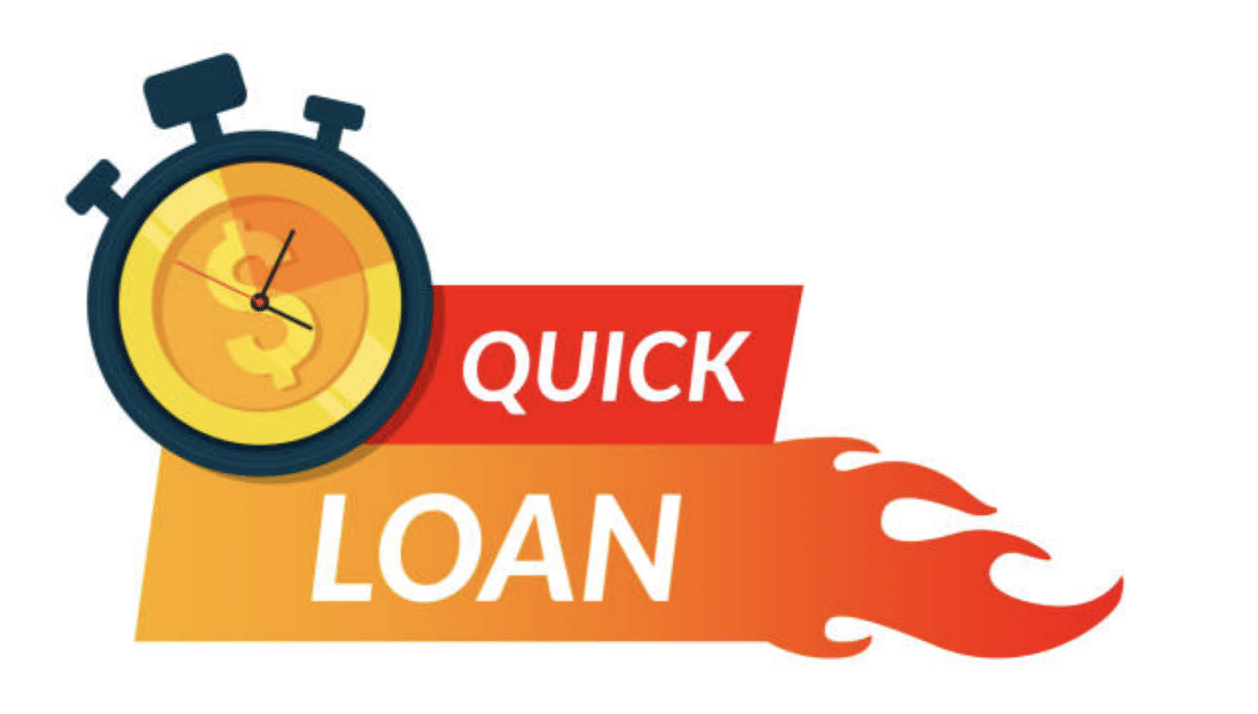Canadians who have large loans like a mortgage know that the hiking of interest rates throughout the year is cause for concern. While buying a home is a good investment, homeowners are now having to pay more monthly. There have been surprising hikes to the interest rates, causing people to pay a lot more than they bargained for every month to stay in their home.
There are ways that you, as a homeowner, can help take the burden off yourself during this current economic climate in Canada. One of the mortgages that could be helpful during this time for those who qualify is a reverse mortgage. You’re essentially eliminating mortgage payments altogether while securely staying in your home.
Current State of Interest Rates
Most Canadians are well aware of the increasing interest rates. Recently, the Bank of Canada raised the interest rate to 5%, which was the second interest rate increase in this quarter. If you own your own home through the bank or with a private mortgage, this means an increase to the prime rate. This is what your bank charges you in interest for the loan. Right now, this rate is 6.95%, which is up from 3.70% from 2022. Many Canadians are spending less and trying to dispose of any debt they can. This is one of the ways Canadians are easing the burden of interest rates. Every Canadian is going to have to figure out ways to work around the current high interest rates.
Who Qualifies For A Reverse Mortgage
If you’re 55+ and have over, you may be eligible for a reverse mortgage. Another criteria qualification is that the homeowner owns a large amount of the equity in their home. Usually, it should be a minimum of 50%. Lastly, your home should be worth over $250,000.
Why the Reverse Mortgage Can Benefit You
For those who are eligible, these current high interest rates may not be possible to manage with a lower income. If you’re retired, you may be living on a tighter budget so there’s no space for additional costs. As a homeowner over 55, you can take advantage of equity release. This allows you to get to the equity you’ve built up in your homes and use it to get much needed money. With cash in hand, you can better manage the economical situation in Canada right now. You’re also not obligated to make monthly payments right now.
Your home is what secures the loan so if you have a significant amount of equity, this can be a viable option for getting rid of additional debts that could be weighing you down right now. For Canadians that are 55 or older that are living on a fixed income or looking to retire soon, this may be the ideal time to use their home for the reverse mortgage.
You Don’t Have to Make Payments
Right now, the concern is having to make payments each month to avoid a default in your mortgage. A reverse mortgage isn’t like home equity loans where you borrow money and repay it monthly. The reverse mortgage balance isn’t owed unless the borrower moves, sells the home, or passes aways. Those eligible for a reverse mortgage don’t have to make monthly payments. You increase your monthly amount of cash in hand that is tax free, allowing you to finance your life in whatever means you need to. It’s a lot like a mortgage refinance but you’d have to use up a part of your equity and you’d have to make monthly payments. If you sell your house to get cash, you’re also losing out. This Canadian credit product, the reverse mortgage is designed to help Canadians keep their home.
No Loan Duration
Not only do you not have to pay monthly payments, but there’s also no loan duration. Principal and interest payments will add up over time so the loan grows as opposed to shrinking. So, you can borrow tax free cash without having to worry about mortgage obligations. Right now, that’s a good thing. A reverse mortgage is a life loan and will last for the duration of your life or the life of the ownership of your home. Interest is accruing but all said and done, it isn’t going to necessarily affect you if you don’t plan to sell your home or leave it to someone else.
You’re Not at Risk of Defaulting on Your Mortgage
There is a concern among Canadians that as their mortgage rates increase, they won’t be able to pay the monthly amount. When a mortgage payment is in arrears for long enough, this can lead to defaulting, which can mean losing your home. When you have a reverse mortgage, this will never happen. You can stay in your home despite the higher interest rates. This leaves you in a more secure place right now. You’re only paying when you sell your home or pass away. The home equity belongs to the bank once this happens. A reverse mortgage is going to allow you to hold onto your home in the situation at hand right now and for anything that happens in the future of Canada’s economy.
Paying off Other Debt from Your Home Equity
You may have other loans beyond your mortgage. These interest rates will have also increased, making it difficult to make payments, especially if you’re on fixed income. You can use a reverse mortgage to borrow money and pay off that debt. This is an advantageous time to do so as you’re otherwise paying into a great deal of interest when you could just pay it off completely. You’re turning the value of your home into cash without having to sell it. If you’ve lived in your home for a long time and paid a lot of it off, this is a good opportunity to minimize debt owed.
You Still Own Your Home
There are other ways that you can use your home as collateral to pay down debt but the downfall is you don’t own your home. Selling it imposes problems because right now, nobody is buying due to high interest rates. If you did sell it, you’d have to find a new place to live and another issue with Canada is the housing market or lack of rental properties. Being able to stay in your home with the reverse mortgage keeps you in a secure position where you don’t have to worry about making regular loan payments.














